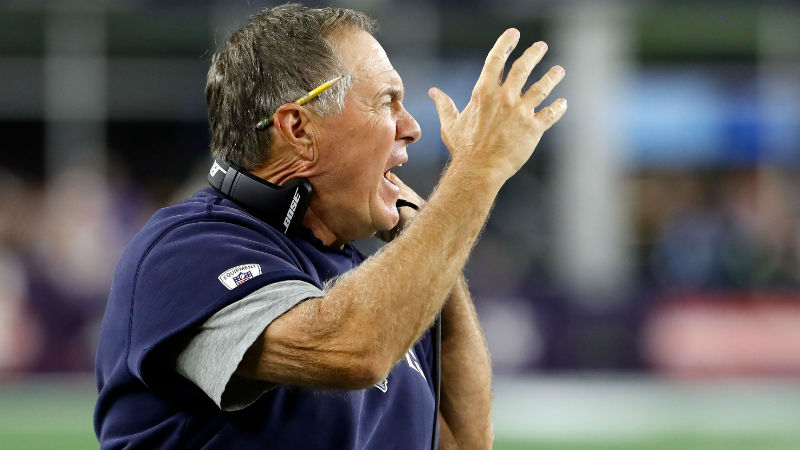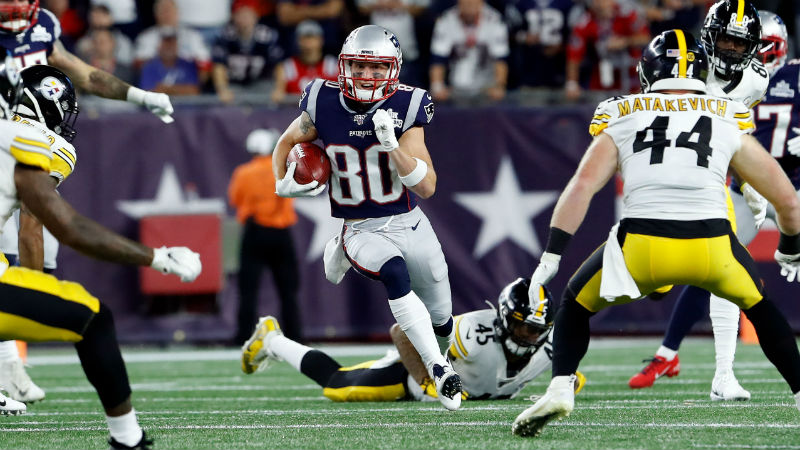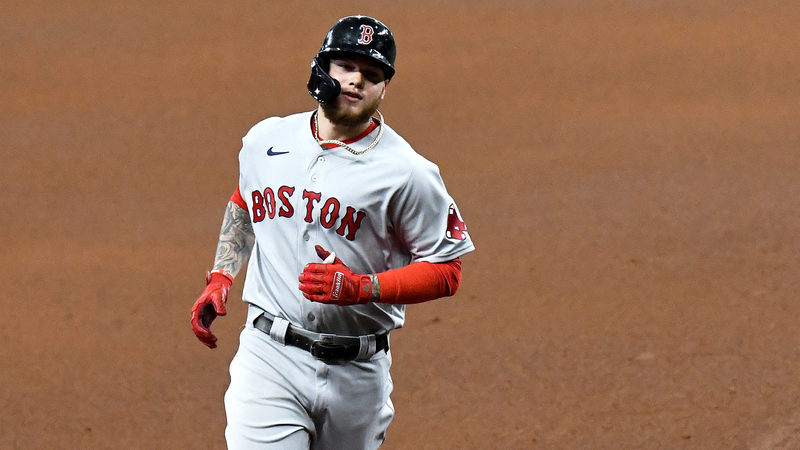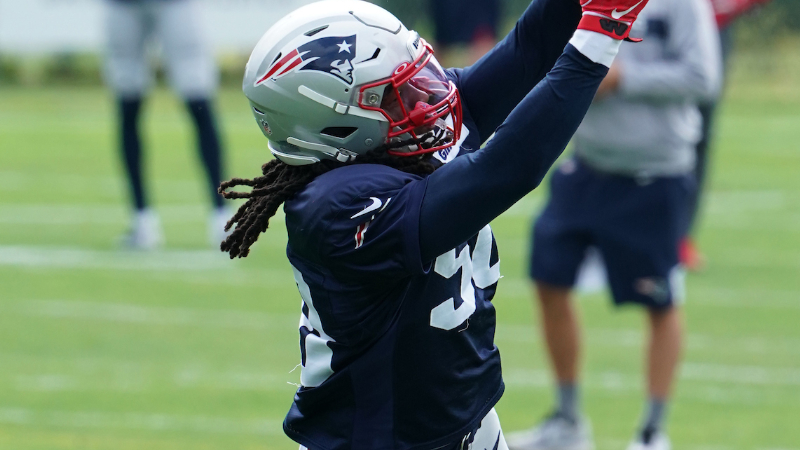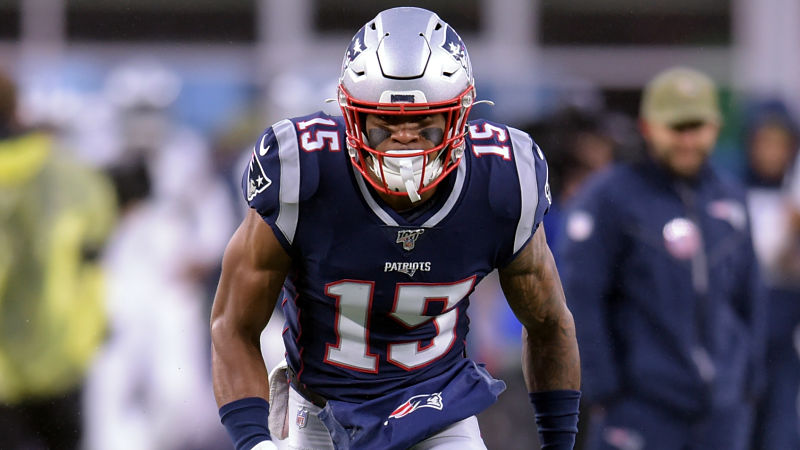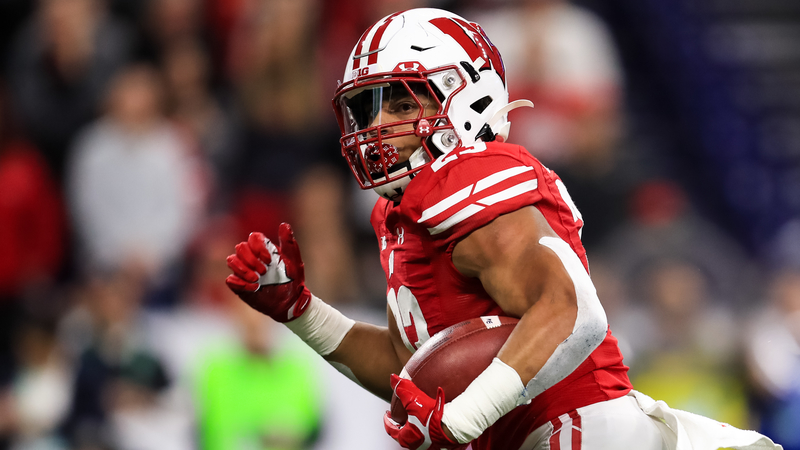The Boston Red Sox got all they bargained for with Dave Dombrowski, for better or worse.
In the dark of Sunday night, the Red Sox quietly confirmed they were parting ways with Dombrowski, a little more than four years after naming him president of baseball operations. Dombrowski’s tenure with the Sox should be remembered in a largely positive light, as he helped build arguably the best team in Red Sox history, with the 2018 team winning a franchise-record 108 regular-season games before marching to a fourth World Series title since 2004.
[nesn_embed_the_score team=”patriots”]
The Red Sox hired Dombrowski late in the 2015 season, tasking him with taking the baton from scouting and development maven Ben Cherington, who was balancing a peculiar rebuild, delivering a 2013 World Series (after disastrous 2011 and 2012 campaigns) before a pair of disappointing seasons in 2014 and 2015.
Cherington, for better or worse (and mostly for the better, in hindsight) was especially attached to homegrown players. Handing the keys to Dombrowski signaled a stark shift in philosophy inside Fenway Park. The narrative of the Red Sox pivoting from a data-driven mindset was impossible to ignore with Dombrowski’s reputation as an aggressive baseball man, unafraid to put together a package of prospects and/or money to acquire the players he dearly coveted. He seemingly was born in win-now mode.
“Ideally, your farm system, if you can bring up your own homegrown players, all the much better,” Dombrowski said at his introductory press conference. ” … But it’s also a situation where you’re going to still make trades. Some of them you’re going to have duplicates at positions, so you’re in a spot where you’ll also make trades and use some of those guys, and I’m sure we’ll also be in a spot where we sign free agents. But the reality is if you have a strong farm system, that’s the best place to start.”
And for the most part, that’s exactly what he did. Dombrowski came in and quickly accelerated what Cherington was building. Prior to the 2016 season, he identified starting pitching as an area that could use significant improvement. He went out and signed David Price to a record-breaking seven-year deal. The bullpen also needed a marquee closer, he reasoned, and went out and acquired Craig Kimbrel from the San Diego Padres for a host of prospects.
The next offseason, he struck again with the biggest deal of his Boston reign. At the winter meetings, Dombrowski and his group struck a deal with the Chicago White Sox for All-Star left-handed pitcher Chris Sale. Understandably, the move came at a steep price, however: Boston had to unload top prospects Yoan Moncada and Michael Kopech and were more than willing to throw in a pair of mid-level prospects to get the deal done.
Dombrowski also showed the ability to make sound personnel decisions. He deserves at least some credit for helping to hire manager Alex Cora, who looked like a natural fit in the dugout, as he shepherded the Sox’s record-breaking 2018 campaign.
All of those moves paid off in 2018 with the Sox winning the World Series. Dombrowski also put that team over the top with a pair of shrewd in-season moves, acquiring Nathan Eovaldi and Steve Pearce for the stretch run, with each playing huge roles in October.
So, yeah. The good almost certainly will outweigh the bad, but there’s a reason the Red Sox aren’t going to let Dombrowski enter his walk year at the helm. Dombrowski’s aggressive willingness to part with prospects looks great when it results in a world title, but there’s an obvious downfall, too — especially if you’re unable to restock the cupboard. Prior to the 2016 season, Baseball Prospectus ranked Boston’s farm system the sixth-best system in the sport. As of Monday morning, Fangraphs.com has the Red Sox’s farm system ranked dead-last in baseball. Perhaps not so coincidentally, the Tigers’ farm system was also ranked No. 30 when Detroit announced a shakeup that cost Dombrowski his previous job in late-summer 2015.
Dombrowski’s other supposed blind spot, the bullpen, played out in front of our eyes, too. Credit to him and his staff for having the foresight to acquire pitchers like Eovaldi and Drew Pomeranz, who ultimately proved to have value out of the bullpen in the playoffs, but the ‘pen was a weakness for much of 2018 and pretty much all of 2019 — stats be damned.
For all Dombrowski has done in his impressive baseball career, he hasn’t exactly proved he’s capable of rebuilding a farm system. With the Sox limping toward the finish line, and with a handful of pressing roster decisions on the horizon, it makes sense to go in a different direction, as crazy as that seems.
Dombrowski lived up to all the expectations and lived up to his reputation. He did his job, and the World Series title is proof that the good ultimately outweighed the bad, but it also became obvious that he wouldn’t be the right person to rebuild the Red Sox on the fly. Dombrowski, with three decades of baseball business experience under his belt, probably knows that as well as anyone else.

